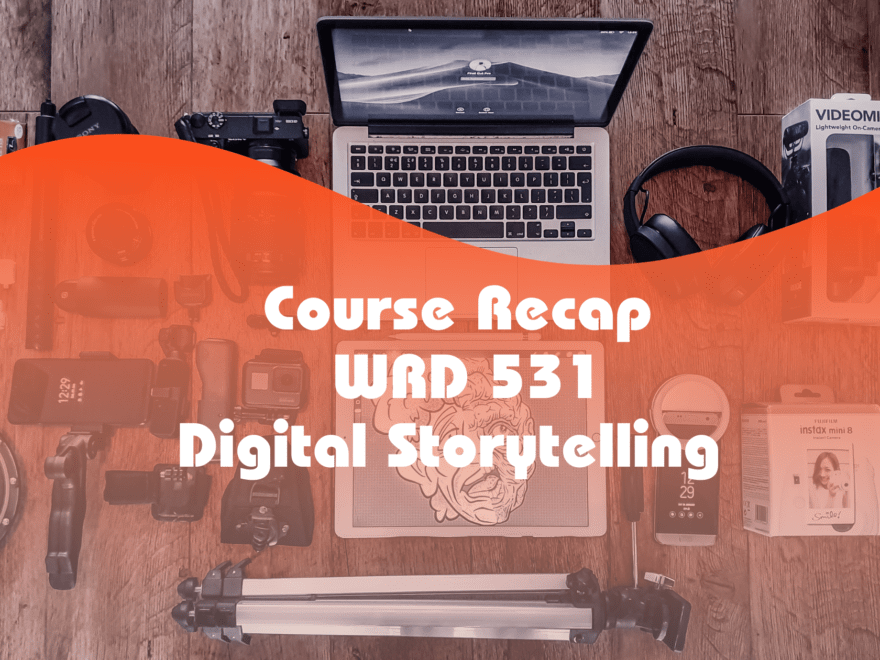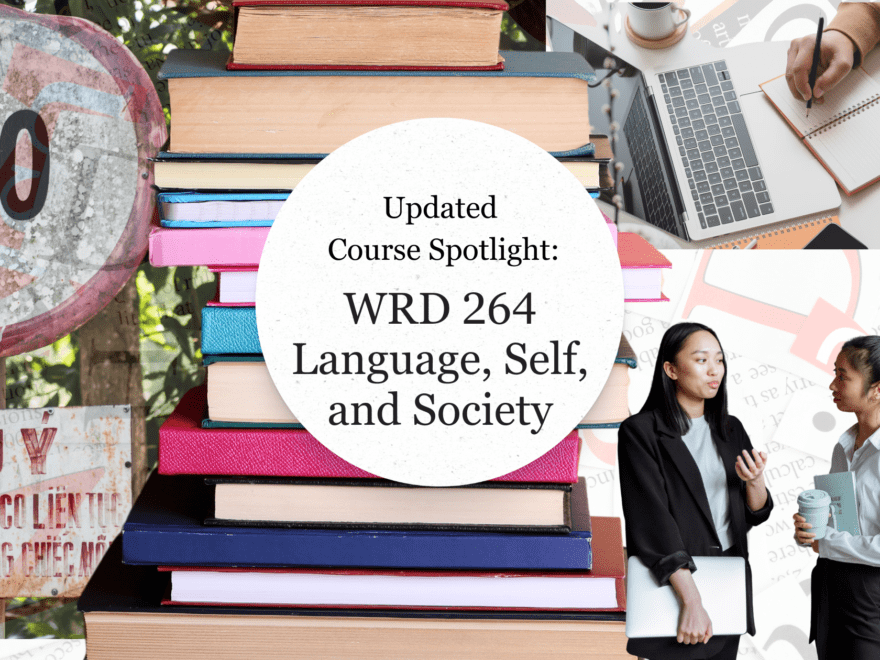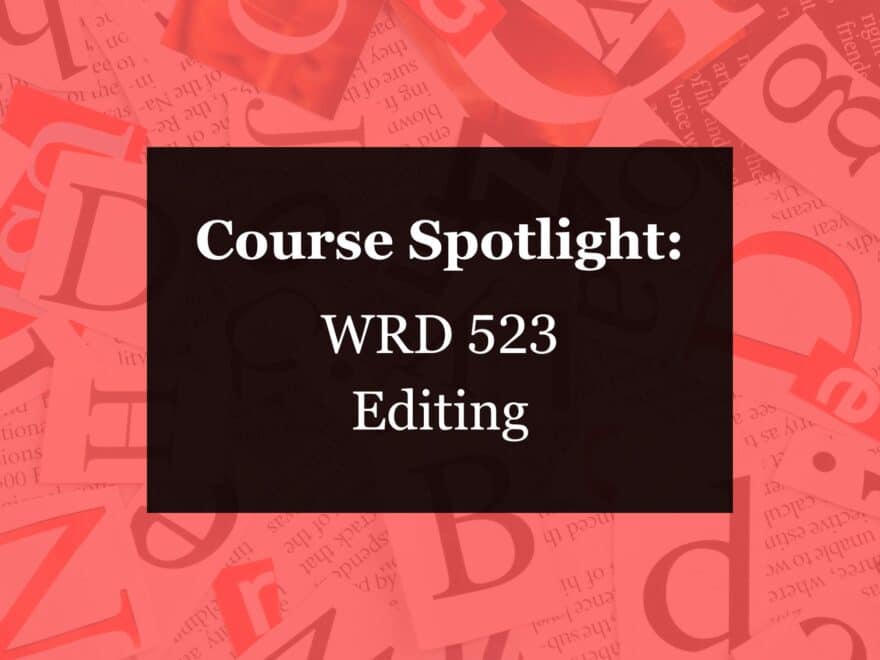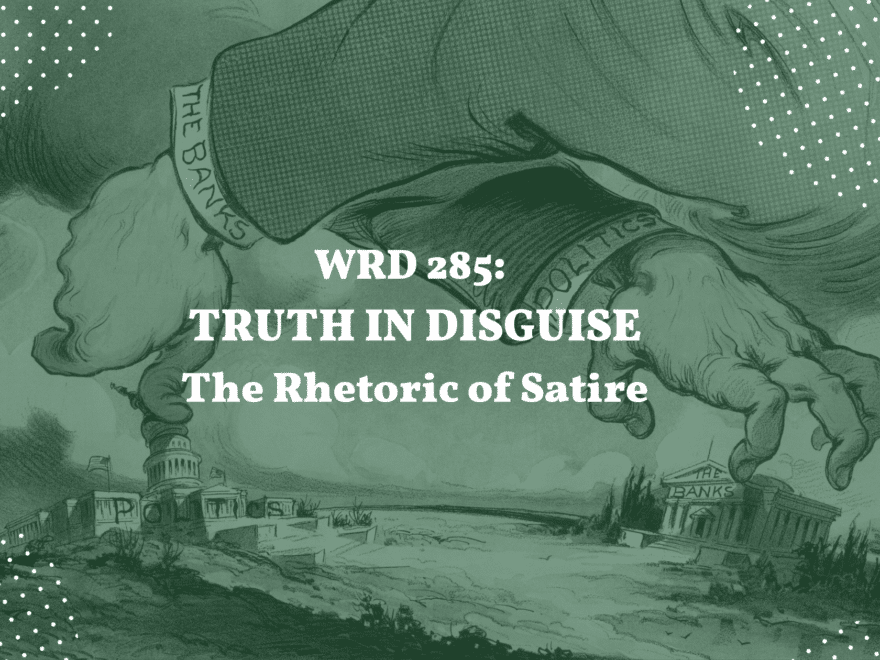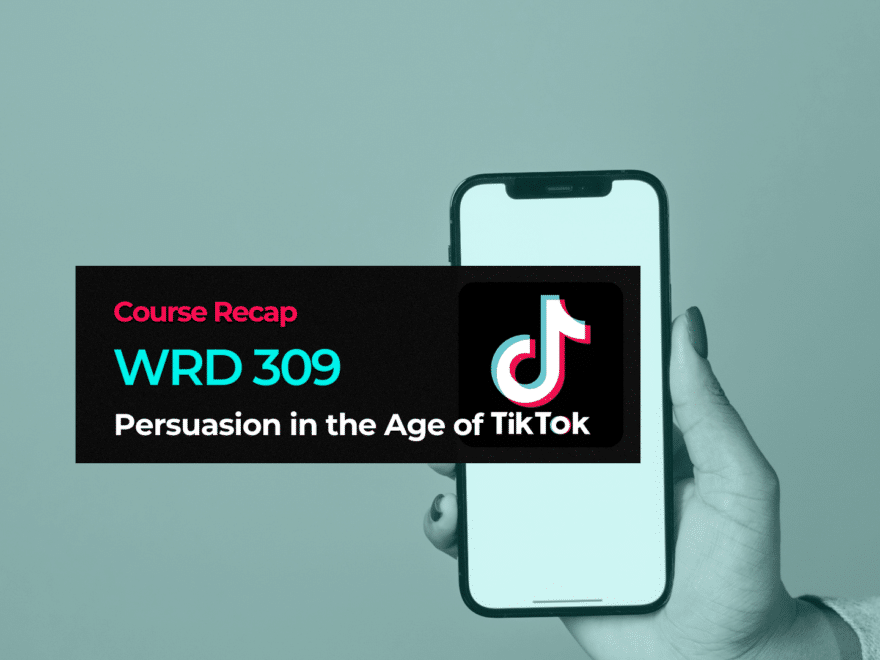This past Winter Quarter, Dr. Lisa Dush taught MAWRD’s sixth iteration of WRD 531: Digital Storytelling. This course gives students the opportunity to craft short digital personal experience narratives (DPENs) and to learn about how such narratives are circulated for organizational and community-building purposes. Exploring the processes, norms, and ethics of digital storytelling, this course enables students to better conceptualize and execute digital storytelling projects in both personal and professional contexts. I had the opportunity to take WRD 531 this past quarter, and below I share some of the main class components and takeaways articulated by Dr. Dush, MAWRD student
Continue reading